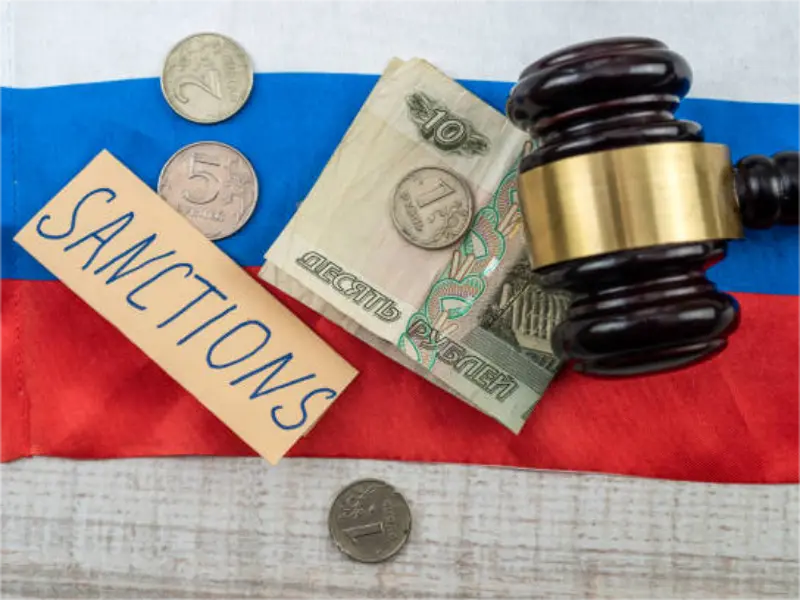- Russian lawmakers have passed a law allowing the use of cryptocurrencies in international transactions to mitigate the impact of sanctions.
- The first cryptocurrency transactions under the new law are expected before the end of the year, Russian Central Bank Governor Elvira Nabiullina announced.
OUR TAKE
Russian lawmakers have just passed a law allowing companies to use cryptocurrencies for international trade. The new move, which comes into effect in September, is aimed at circumventing tough Western sanctions. Elvira Nabiullina, head of Russia’s central bank, says they’re preparing to start crypto transactions by the end of the year. Why this big change? Russian businesses have struggled with slow international payments, especially with countries like China, India and the UAE, due to payment delays and regulatory pressure from Western banks. This has hit Russia’s imports hard, prompting them to shake things up with this new crypto strategy.
–Heidi Luo, BTW reporter
What happened
Russian lawmakers have officially passed a bill that will allow companies to use cryptocurrencies for international trade, in a bid to circumvent Western sanctions.
The new legislation, which will come into force in September, paves the way for companies to conduct crypto transactions by the end of the year, according to Elvira Nabiullina, the governor of the Russian Central Bank.
“We are making a historic decision in the financial sphere,” the head of the Duma lower house of parliament, Anatoly Aksakov, told lawmakers.
The introduction of the law is a move to address the delays Russian businesses have been facing in international payments, particularly with key trading partners such as China, India and the United Arab Emirates.
The slowdown has been made worse by increased scrutiny by Western banks under regulatory pressure, affecting Russia’s ability to import and its overall economic interactions.
Also read: Russia weighs risk of embracing crypto for international payments
Also read: North Korea hacked $3bn in crypto says leaked UN document
Why it’s important
To facilitate this transition, the Central Bank of Russia has been tasked with creating an ‘experimental’ infrastructure specifically for cryptocurrency payments. This infrastructure aims to minimise Russia’s reliance on conventional financial systems and protect its trade activities from external sanctions.
According to the Central Bank, payment delays have become a major challenge for the Russian economy, leading to an 8% decline in Russian imports in the second quarter of 2024.
Despite Russia’s efforts to adopt the currencies of its trading partners and create an alternative payment system within the BRICS countries, many transactions are still in US dollars and euros and are processed through the international SWIFT system.
This situation leaves banks in trading partner countries vulnerable to secondary sanctions, prompting them to strengthen their compliance measures.
“The risks of secondary sanctions have increased. They make it difficult to pay for imports, and this affects a wide range of goods,” Nabiullina said, stressing that payment delays have led to longer supply chains and rising costs.

